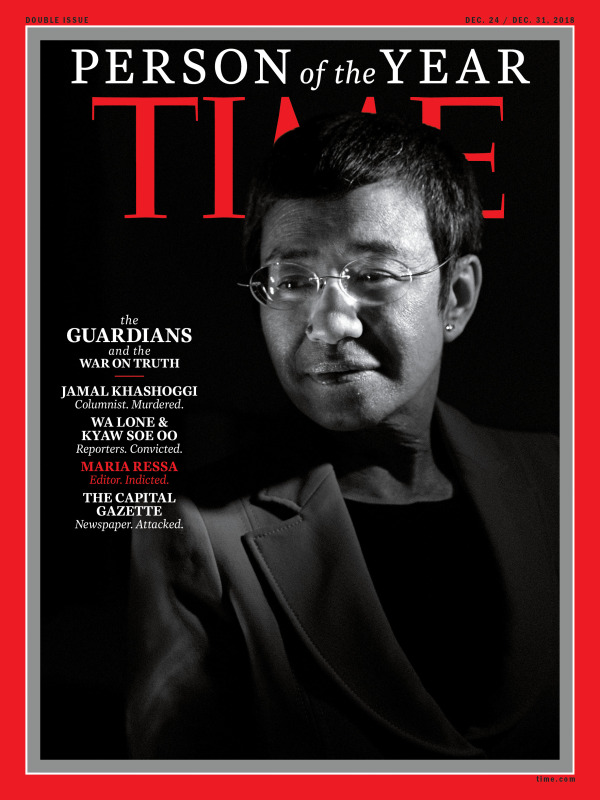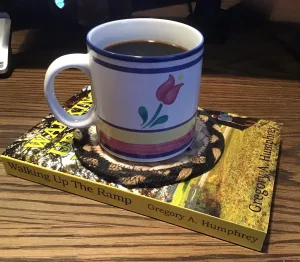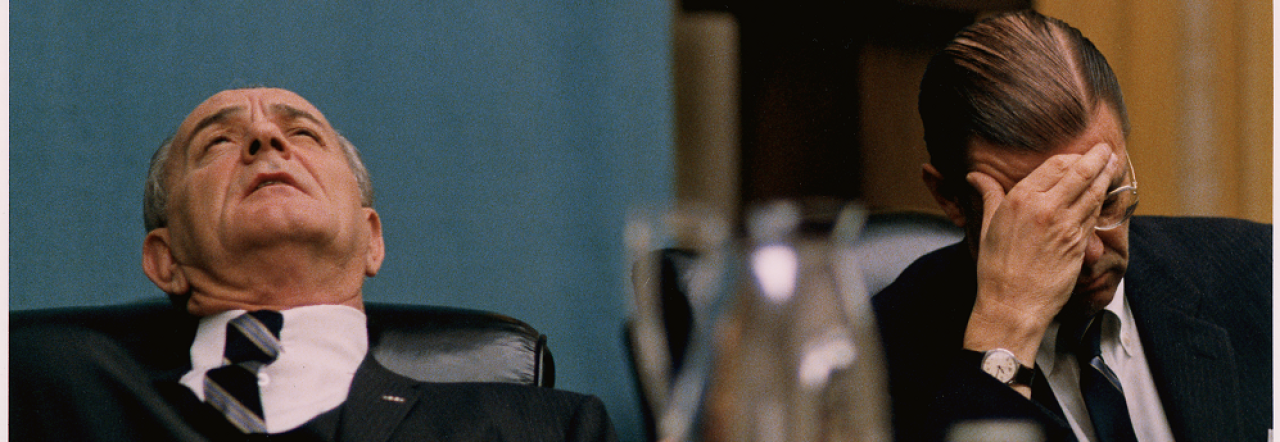I am deeply and thoroughly pleased with who made the cover for TIME magazine’s Person of the Year. There are four covers for 2018 Person of the Year.




Though I had predicted another cover with an eye to international events there is no doubt whatsoever that the men and women who report the news and make people worldwide more aware of how governments function, and issues of the day less complicated, merit top billing in this annual year end ritual.
“The Guardians and the War on Truth.” is how the magazine headlines this edition. The publication released four covers Tuesday recognizing slain Saudi journalist Jamal Khashoggi; the Capital Gazette in Annapolis, Maryland, where five people were shot and killed in June; arrested Philippine journalist Maria Ressa; and two Reuters journalists detained in Myanmar for nearly a year, Wa Lone and Kyaw Soe Oo. As TIME notes they’re “representatives of a broader fight by countless others around the world.”
Many times I have written the truth about journalists being more vital to democracy than the military. The banner to this blog uses a most telling quote from former CBS news reporter and anchor Walter Cronkite. My bedrock values have always been linked to the men and women who search for the truth and report the news.
Over the past three years I have expressed much fear when it comes to how Donald Trump ramped up his diatribes against journalists during the campaign, and used the same language as tyrants from the pages of history when berating the press once in office. My first concern was for the safety of reporters and journalists. Second was the safety of our republic from Trump who has authoritarian aims.
Trump blasting the news media is nothing new, but it is most corrosive to our republic. At one point in a press conference Trump uttered the phrase “fake news” seven times. But his labeling the media as the “enemy of the American people” as he has done in the past places Trump alongside tyrants throughout history that were fond of that phrase. History buffs , like myself, remember that the phrase was used during the purges ordered by Soviet dictator Josef Stalin. The expression was also a favorite of China’s Mao Zedong, who used the “enemies of the people” label against anyone who opposed his policies. Identifying and later punishing those enemies was central to Mao’s rule.
The cover story makes clear the issue at hand. I know this magazine edition will be read around the globe and will be well received by all those who know the value of reporters and the need for truth.
This ought to be a time when democracy leaps forward, an informed citizenry being essential to self-government. Instead, it’s in retreat. Three decades after the Cold War defeat of a blunt and crude autocracy, a more clever brand takes nourishment from the murk that surrounds us. The old-school despot embraced censorship. The modern despot, finding that more difficult, foments mistrust of credible fact, thrives on the confusion loosed by social media and fashions the illusion of legitimacy from supplicants.
Modern misinformation, says David Patrikarakos, author of the book War in 140 Characters, titled after the original maximum length of a Twitter post, “does not function like traditional propaganda. It tries to muddy the waters. It tries to sow as much confusion and as much misinformation as possible, so that when people see the truth, they find it harder to recognize.”
The story of this assault on truth is, somewhat paradoxically, one of the hardest to tell. “We all learned in our schools that journalists shouldn’t be the story ourselves, but this is, again, not our choice,” says Can Dündar, who, after being charged with revealing state secrets and nearly assassinated as a newspaper editor in Turkey, fled to Germany, where he set up a news site. “This is the world of the strong leaders who hate the free press and truth.”
That world is led, in some ways, by a U.S. President whose embrace of despots and attacks on the press has set a troubling tone. “I think the biggest problem that we face right now is that the beacon of democracy, the one that stood up for both human rights and press freedom—the United States—now is very confused,” says Ressa, the Rappler editor. “What are the values of the United States?”

